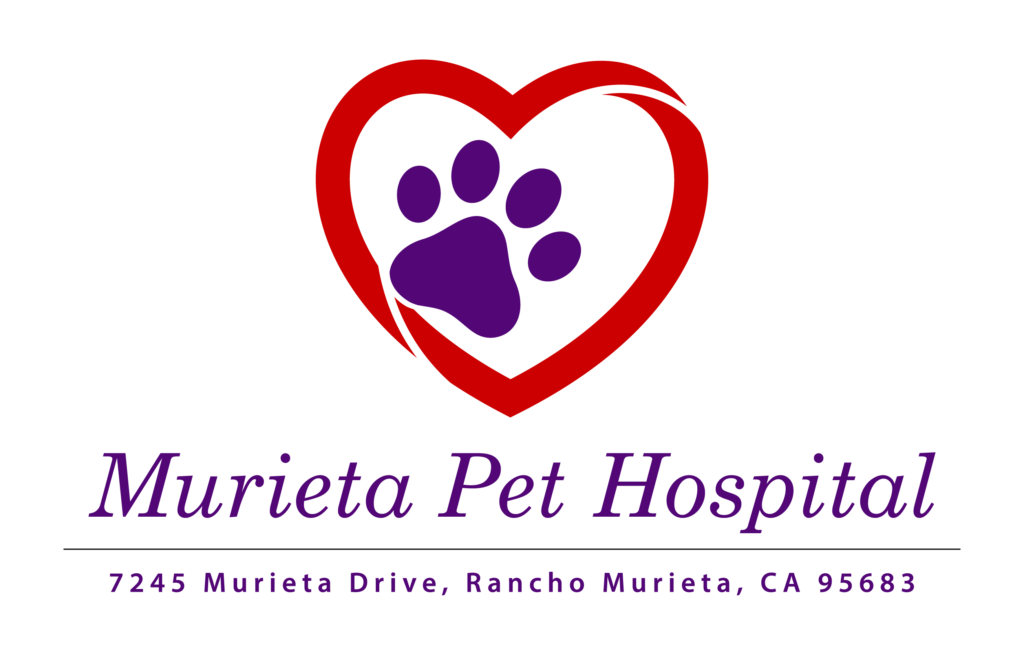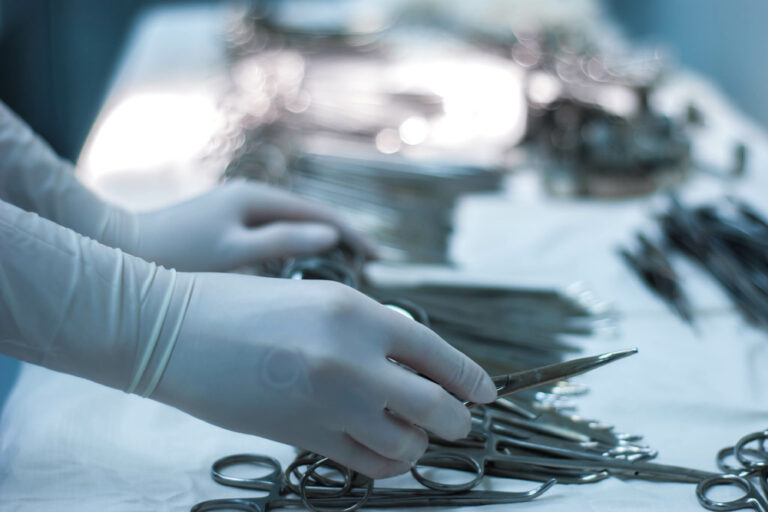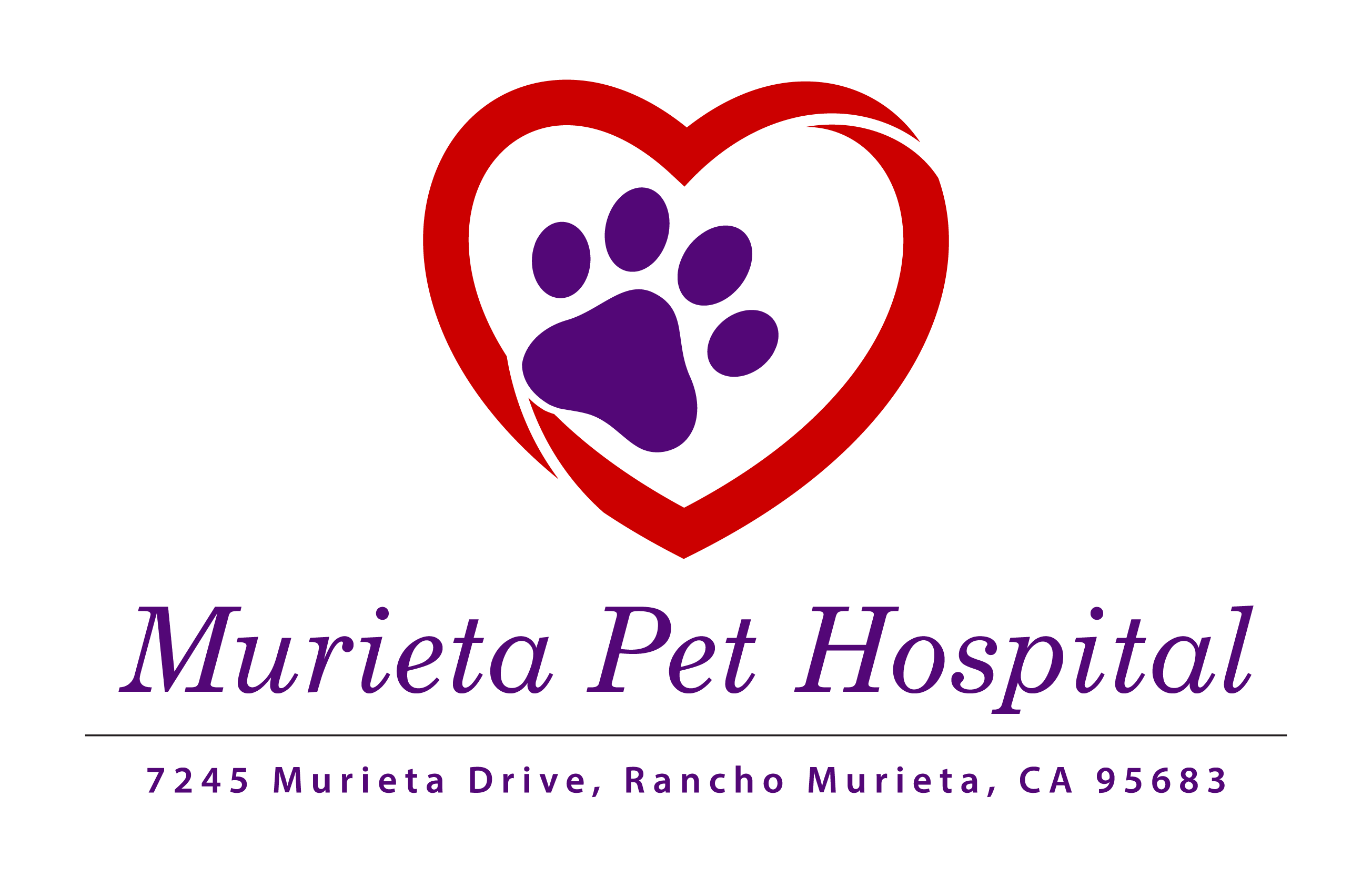When your pet faces an orthopedic issue, finding the right veterinary surgeon is essential to ensure a safe procedure, smooth recovery, and peace of mind. Not all veterinarians have the specialized training required to perform complex orthopedic surgeries, so it’s important to look for specific qualifications, experience, and technology when choosing a surgeon to operate on your fur baby. The right veterinary orthopedic surgeon will not only have extensive hands-on experience but also use advanced surgical techniques and state-of-the-art equipment to provide the best possible care for your pet.
At Murieta Veterinary Hospital, we take a personalized approach to every orthopedic case, ensuring your pet receives expert surgical care, customized pain management, and rehabilitation support for the best possible outcome. Our family-owned, local pet hospital is here to give your pet the time, comfort, and attention they deserve.
What Credentials Should a Veterinary Orthopedic Surgeon Have?
When searching for a veterinary orthopedic surgeon, credentials must be a top priority. After all, your pet deserves only the best! A qualified surgeon should be board-certified by the American College of Veterinary Surgeons (ACVS), demonstrating extensive education and hands-on training in surgical procedures. This certification requires years of rigorous schooling, specialized residency training, and successful completion of an intensive examination process. Additionally, many skilled surgeons pursue further education in advanced orthopedic techniques, such as arthroscopy and total joint replacement, ensuring they stay updated on the latest advancements in the field.
Beyond board certification, a reputable surgeon should actively participate in continuing education programs to refine their surgical skills and keep pace with evolving technologies. They may also be members of professional organizations like the American Veterinary Medical Association (AVMA) or the Veterinary Orthopedic Society (VOS), which offer access to cutting-edge research and surgical innovations. By selecting a surgeon with proper credentials and ongoing education, you can feel more confident in their ability to provide safe, high-quality orthopedic care for your pet.
What Technology and Equipment Do They Use?
The quality of care a veterinary orthopedic surgeon provides is often dependent on the technology and equipment available at their facility. Advanced diagnostic tools such as MRI (Magnetic Resonance Imaging), CT scans, and digital X-rays allow for precise evaluations of bone and joint conditions. These imaging technologies help the surgeon assess the severity of an injury and plan the most effective surgical approach. Additionally, some veterinary clinics use 3D printing technology to create customized implants for pets undergoing complex joint surgeries.
Minimally invasive techniques, such as arthroscopy and fluoroscopy-guided procedures, can significantly improve recovery times and reduce post-surgical discomfort. Clinics equipped with on-site physical therapy and rehabilitation services—including hydrotherapy, laser therapy, and therapeutic ultrasound—offer a more comprehensive recovery plan for pets. Ensuring that your veterinary surgeon has access to state-of-the-art technology can make a substantial difference in your pet’s surgical experience and long-term mobility.
Do They Provide Comprehensive Pre- and Post-Surgery Care?
A successful orthopedic procedure doesn’t start and end with the surgery itself—it requires thorough pre-operative evaluations and post-operative care. Before surgery, a skilled veterinary orthopedic surgeon should conduct detailed consultations, including a full medical history review, blood tests, and diagnostic imaging to assess any potential risks. They should also take the time to explain the procedure in detail, discuss alternative treatment options, and provide a customized pain management plan to ensure your pet remains comfortable before, during, and after surgery.
After the procedure, post-operative care is crucial for proper healing and long-term success. A high-quality veterinary surgeon will offer personalized rehabilitation programs, including physical therapy, anti-inflammatory treatments, and mobility exercises to help your pet regain strength. Clear post-op instructions, pain management strategies, and scheduled follow-ups ensure that complications are minimized, and recovery is on track. The level of post-operative support a surgeon provides can make a significant difference in your pet’s healing process and overall quality of life.
Experience Expert Orthopedic Care for Your Pet Today
At Murieta Veterinary Hospital, we know how important it is for your furry loved one to receive the highest level of surgical care when facing an orthopedic condition. Our experienced, compassionate veterinary team is dedicated to providing advanced orthopedic procedures using state-of-the-art diagnostic tools and minimally invasive surgical techniques. We take a personalized approach to every case, ensuring that your pet receives the safest and most effective treatment plan for their specific condition. From initial consultation to post-surgical rehabilitation, we prioritize your pet’s comfort, mobility, and long-term well-being.
If your beloved pet is experiencing joint pain, mobility issues, or recovering from an injury, we’re here to help. We offer comprehensive orthopedic evaluations, cutting-edge surgical solutions, and tailored rehabilitation plans to promote a smooth recovery. Contact us today at (916) 885-0288 or reach out through our contact form to schedule a consultation.


